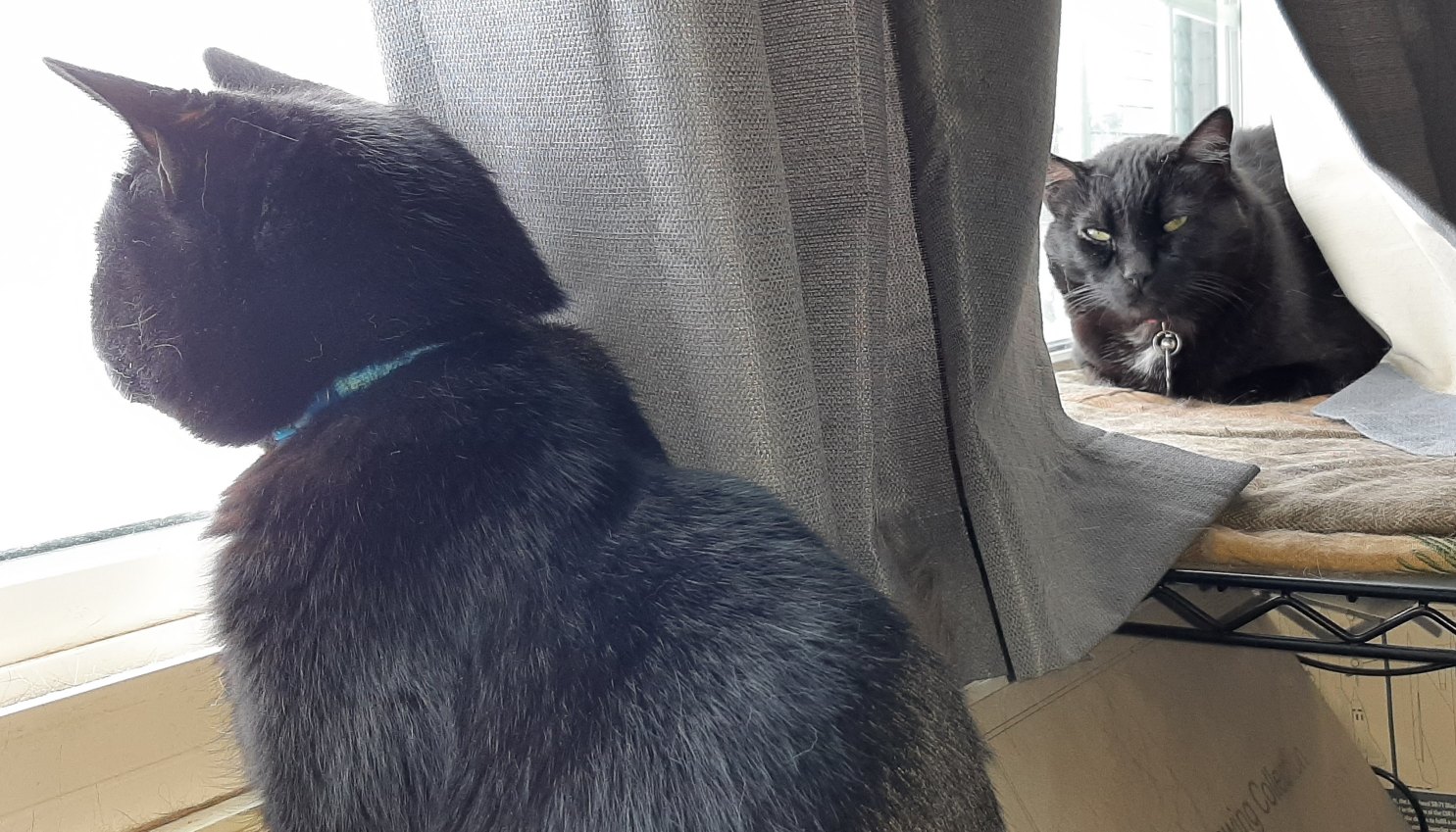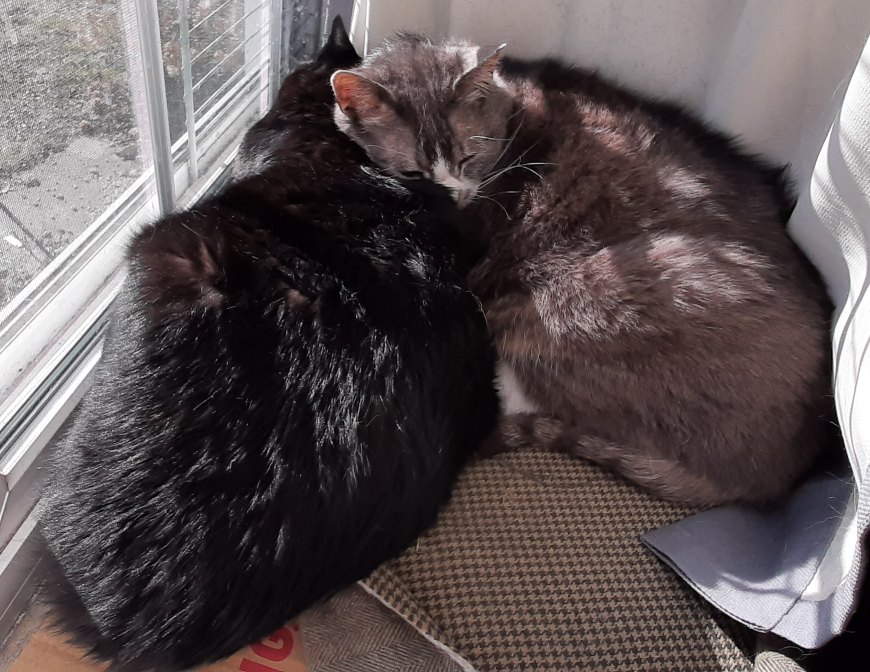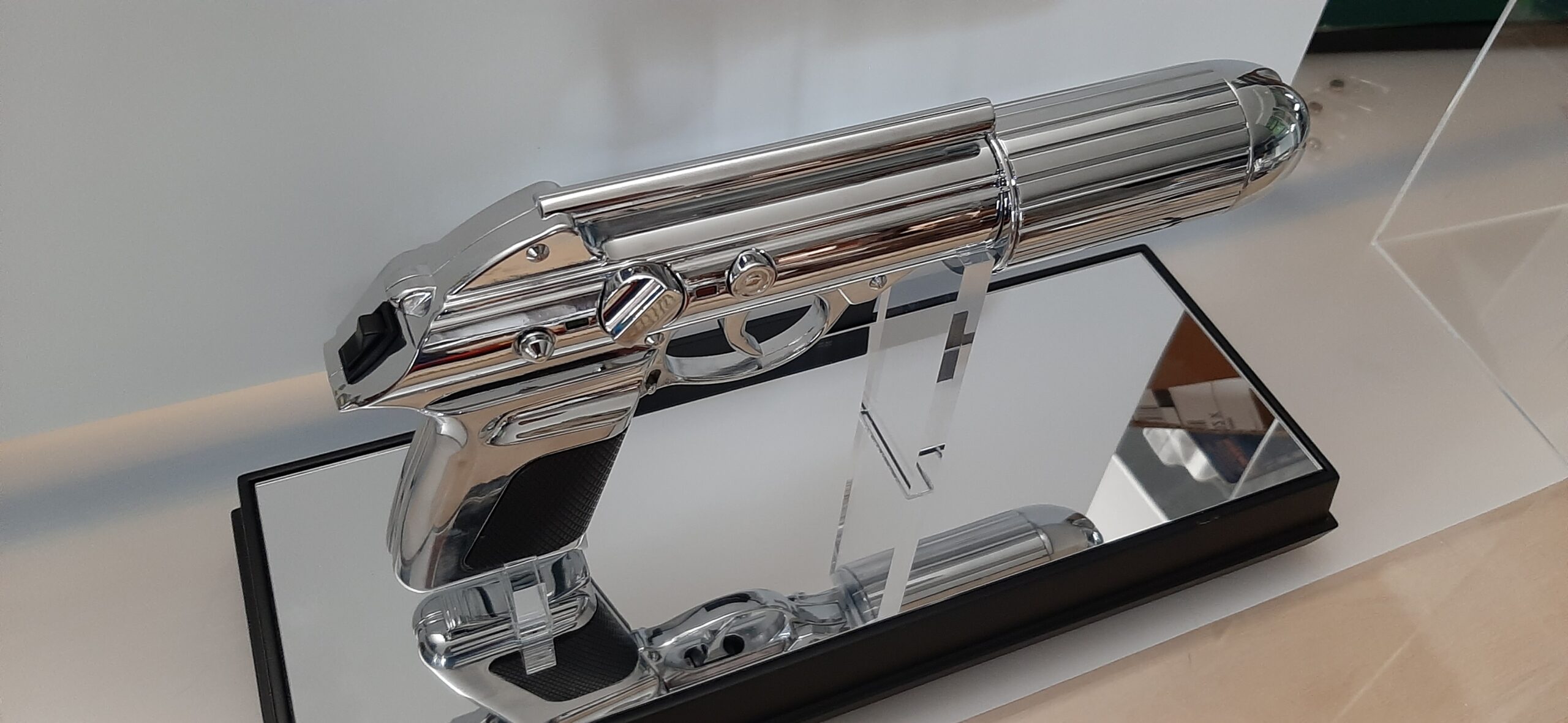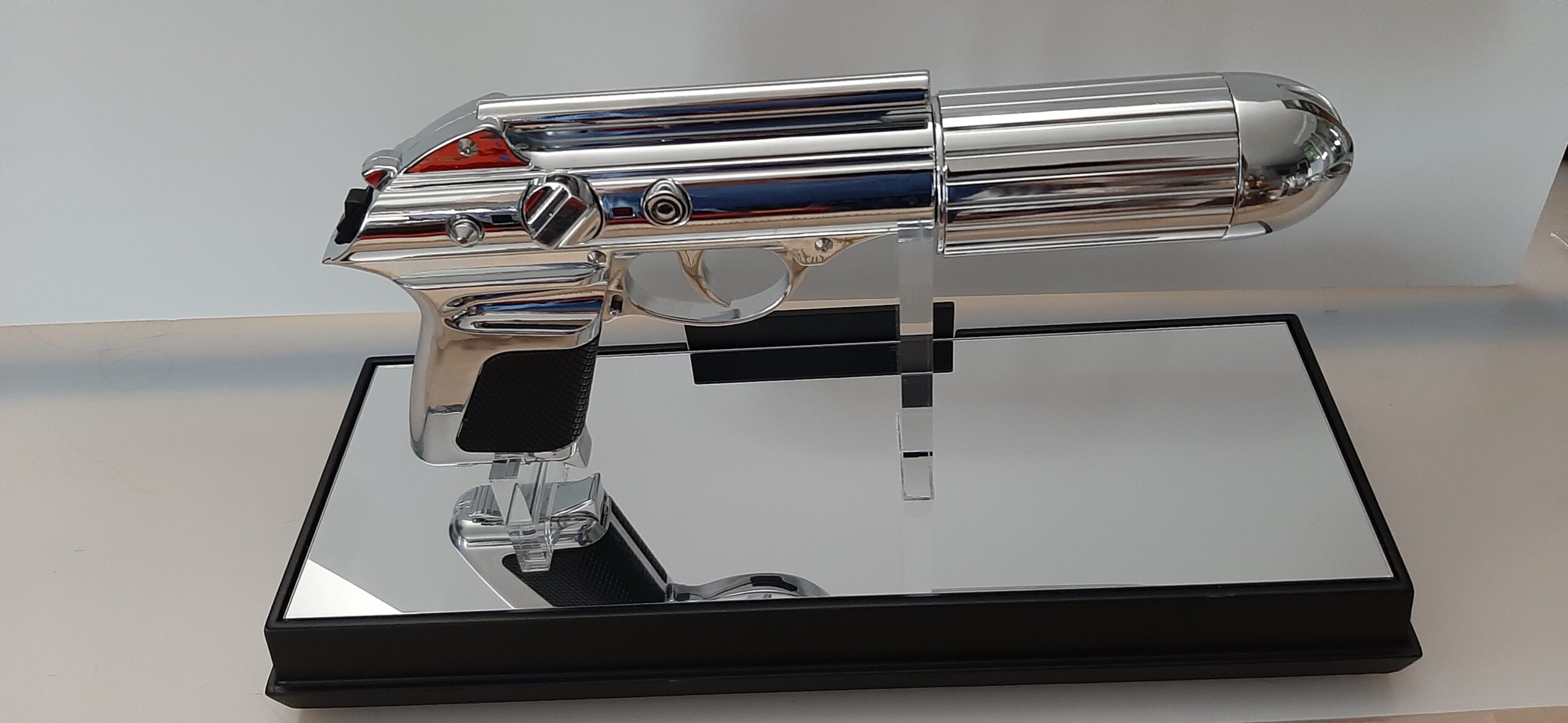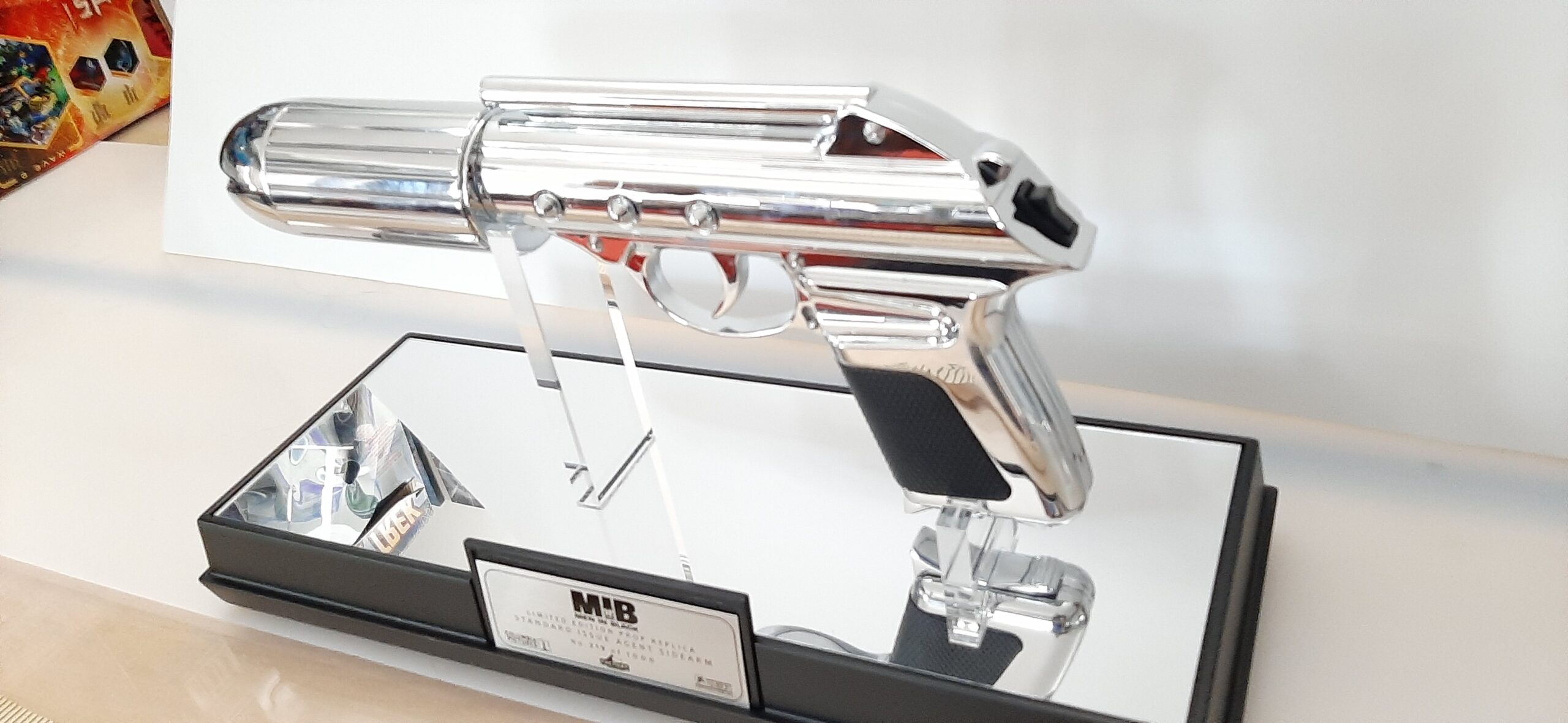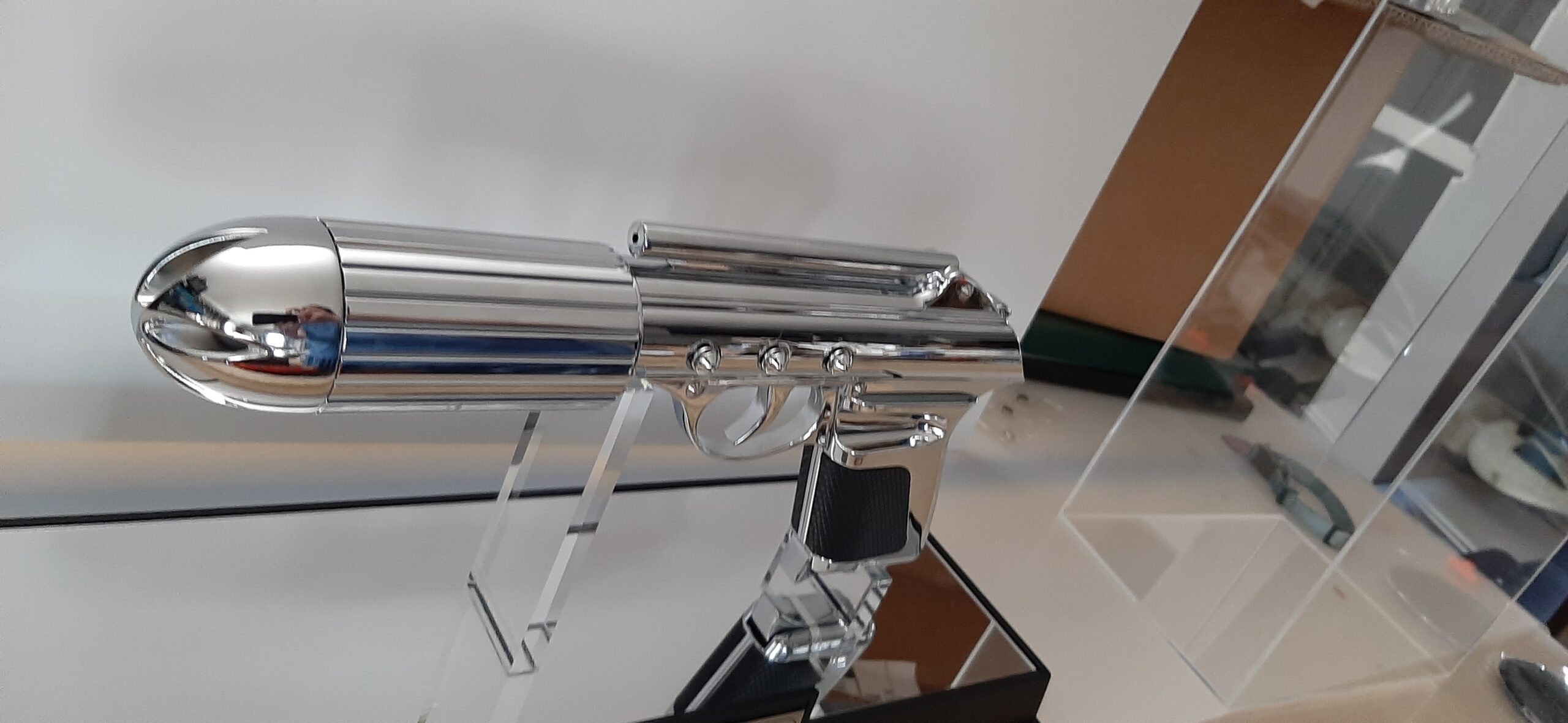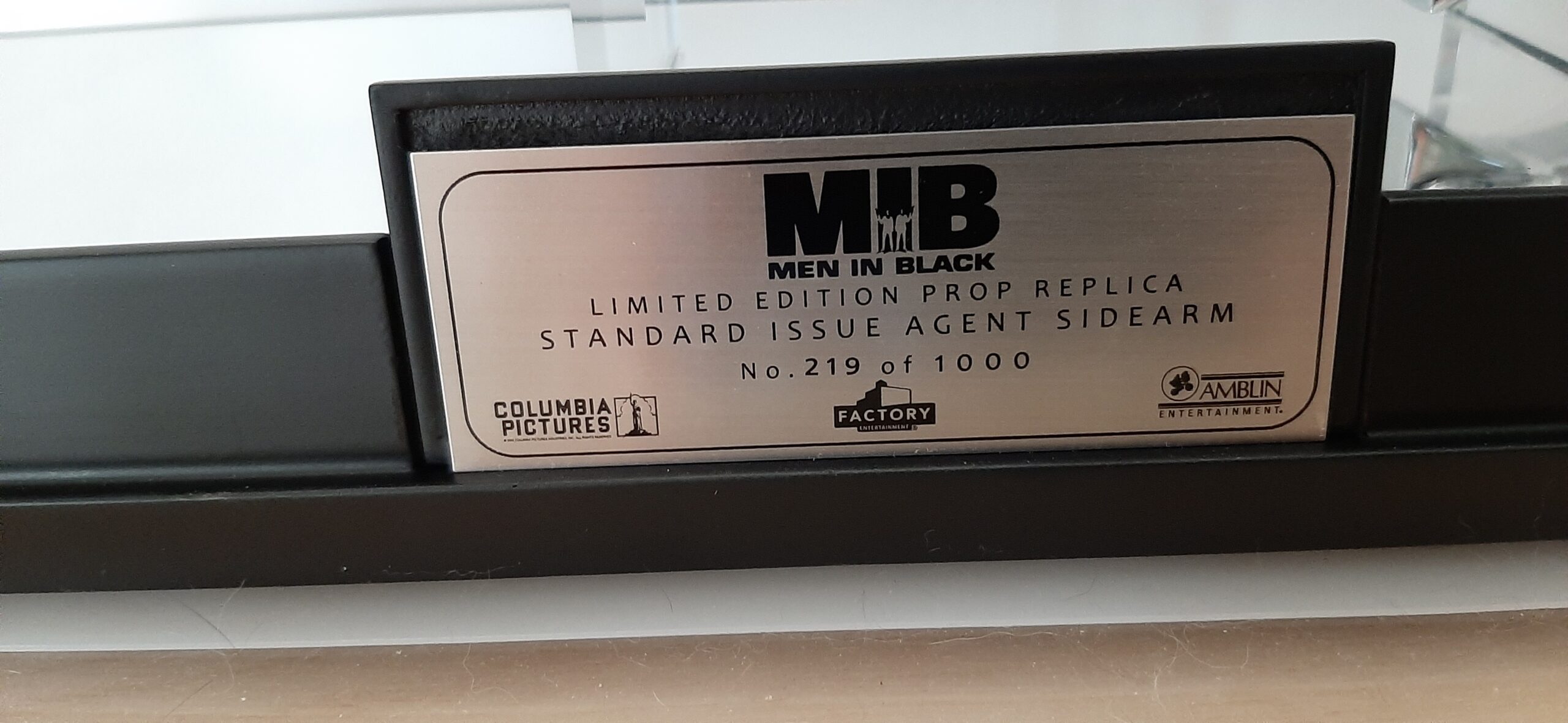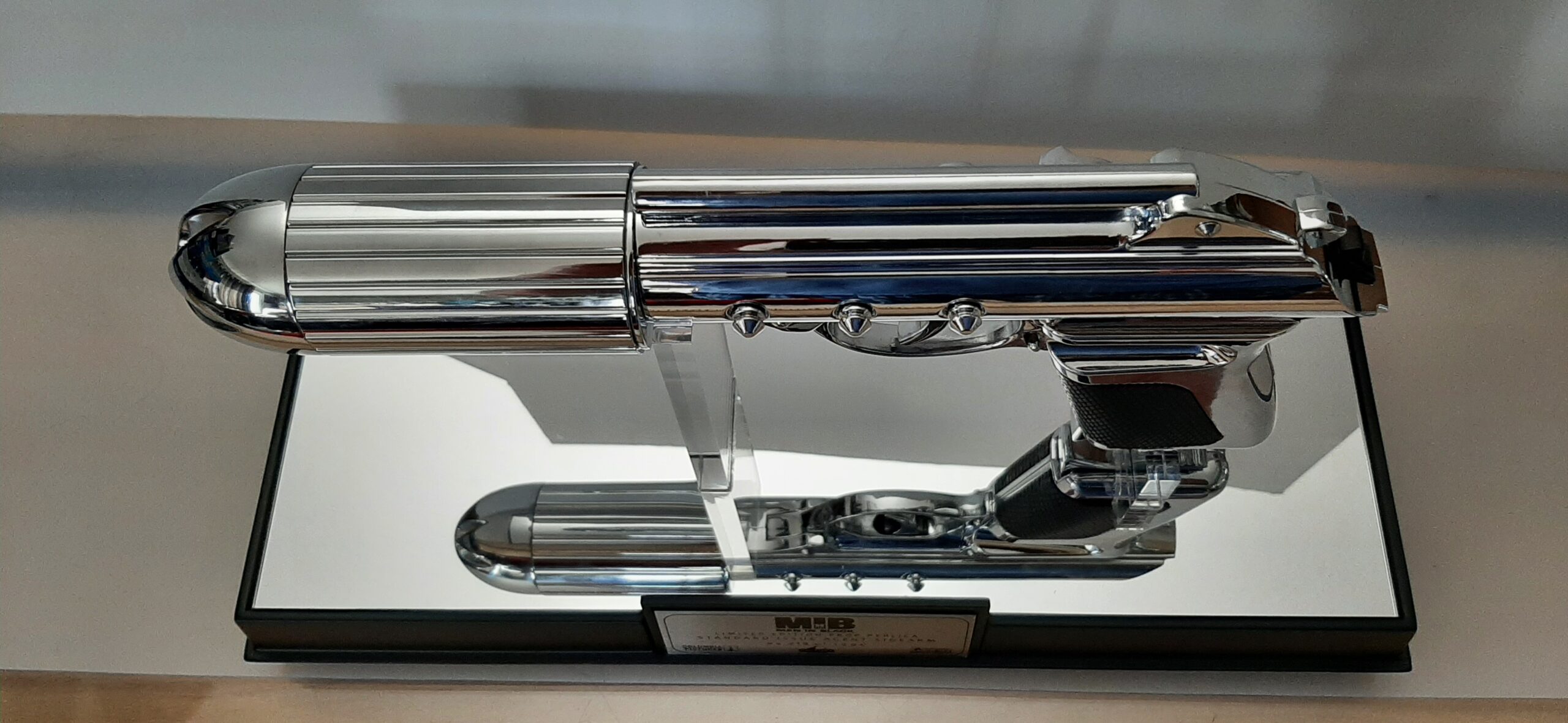A few days ago someone on twitter repeated some nonsense that getting irritated about canon violations in, say, Star Trek was a sign that you’re kinda dumb, because canon is an impediment to writers who want to tell stories. Well, guess what: established canon is an impediment to only one kind of writer: the lazy kind.
Establishing canon can sometimes take a while. Take Star Trek: if you look at the early years, canon was quite mutable. Who did the crew of the Enterprise work for? It seemed to change from time to time. Starfleet, of course… but then also the United Earth Space Probe Agency and later the United Federation of Planets. Klingons went from shiny dark humans with a vaguely Soviet-style totalitarian dictatorship, to bumpy-headed high-tech barbarians with a focus on fun, honor and bloodshed. But these things are *now* well established, and have been literally for generations. Changing them is changing the established rules.
And the thing is, established rules are a *good* thing for storytellers. Yes, they constrain storytelling possibilities, but they force the storyteller to be cleverer than if the rules didn’t exist. And the *vast* majority of the time storytellers accept that rules are there and are good. Imagine what nonsense you’d get in a medical show where medicine had no relation to reality. Aspirin cures cancer. Broken bones are set with a smoldering look from Doctor Hearthrob. AIDS is cured by popping the infected into a microwave oven for three minutes on high. Two seasons back, Doctor Heartthrob won a Nobel Prize for curing Type 1 diabetes with a combination of oatmeal and Tea, Earl Gray, Hot. But now, Type 1 diabetes is wholly incurable and causes the sufferers to spontaneously combust with no reference to the prior treatments. This would be bafflingly stupid unless set as some sort of “Naked Gun” style absurdist comedy.
Imagine a legal/lawyer show where the law had no relation to real-world law. A cop show where cops could simply walk through walls, or where once confronted criminals instantly changed their ways. A western set in 1872 New Mexico with Nazis and an invasion of blimp-borne Samurai played straight, or where the cowboys dealt not only with cattle but an infestation of kangaroos and velociraptors. Come on, cowboys vs dinosaurs sounds fun, right? But if the show isn’t sci-fi or fantasy, having the cowboys, who pack Glocks and drink Bud Light from aluminum cans and ride carbon fiber racing bicycles, just wouldn’t make sense. A sitcom set in a penthouse apartment established as 60+ stories high overlooking Central Park, but the apartment door sometimes opens into the hallway, sometimes the elevator, sometimes the roof, sometimes right onto the street…and sometimes that street is in San Francisco or London. It’s either absurdist… or it’s lazy and stupid.
If you want to change the rules you’d best have a good reason. It can be done. Hell, “Young Sheldon” recently changed years of established “Big Bang Theory” canon in a smart way that made things not only make more sense, but made people happy. It was long ago established that as a child Sheldon Cooper had walked in on his dad cheating on his mom with another woman. The sight disturbed, upset and changed Sheldon, and ruined his view of his dad. In the “Young Sheldon” show, the dad has been portrayed as a great guy who was not the cheating type, though tempted from time to time. And they finally got to the moment: Sheldon walked in on Dad and Other Woman. But it turns out Other Woman was actually Mom, who was dressed up in a sort of cosplay. Sheldon simply didn’t recognize her. He misinterpreted. Canon has been changed without actually changing canon.
But the current crop of writers for Star trek, Star Wars, Doctor Who, Rings of Power, etc. do not seem to be either willing or able to navigate their way through established canon. And rather than write compelling, clever stories within the rules… they simply steamroll the rules, often for ideological reasons.
In Star Trek, it’s long established that 23rd century medicine is damn near magical in it’s ability to fix both physical and mental damage. So wouldn’t *have* characters who were delusional to the point of insanity, or trundling around the decks in a wheelchair. But in the name of Diversity, Equity and Inclusion, the fact of 23rd Century medicine is simply ignored in favor of The Message.
So you end up with this nonsense:
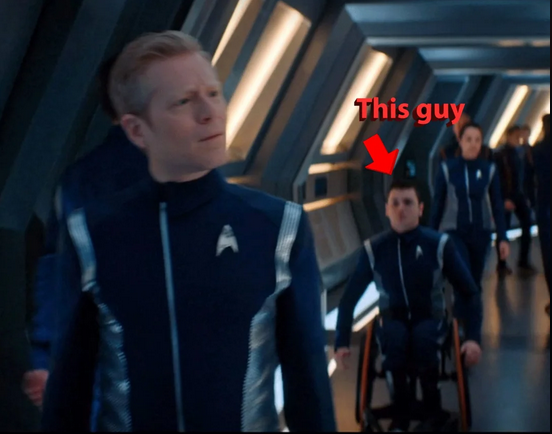 on
on
It adds nothing to the story to have Wheelchair Guy. It doesn’t make sense. It yeets the viewer right out of it if they consciously recognize that it’s wrong; if they don’t consciously recognize it, there is still the subtle, unconscious Uncanny Valley-esque sense of something being not right.
Canon isn’t a problem. Canon is *good.* If you don’t like the canon, if the canon gets in the way of the story you want to tell, there are good ways to deal with it:
1) Write a different story.
2) Change your canon-busting story to fit a different property. That apartment with the wacky door? Change it from straight sitcom to a Doctor Who offshoot.
3) Come up with a *clever* way to change the canon. You have a propulsion system vastly better than warp drive for your Star Trek ships? Great. Set it in the *future* of established Trek, not the past.


